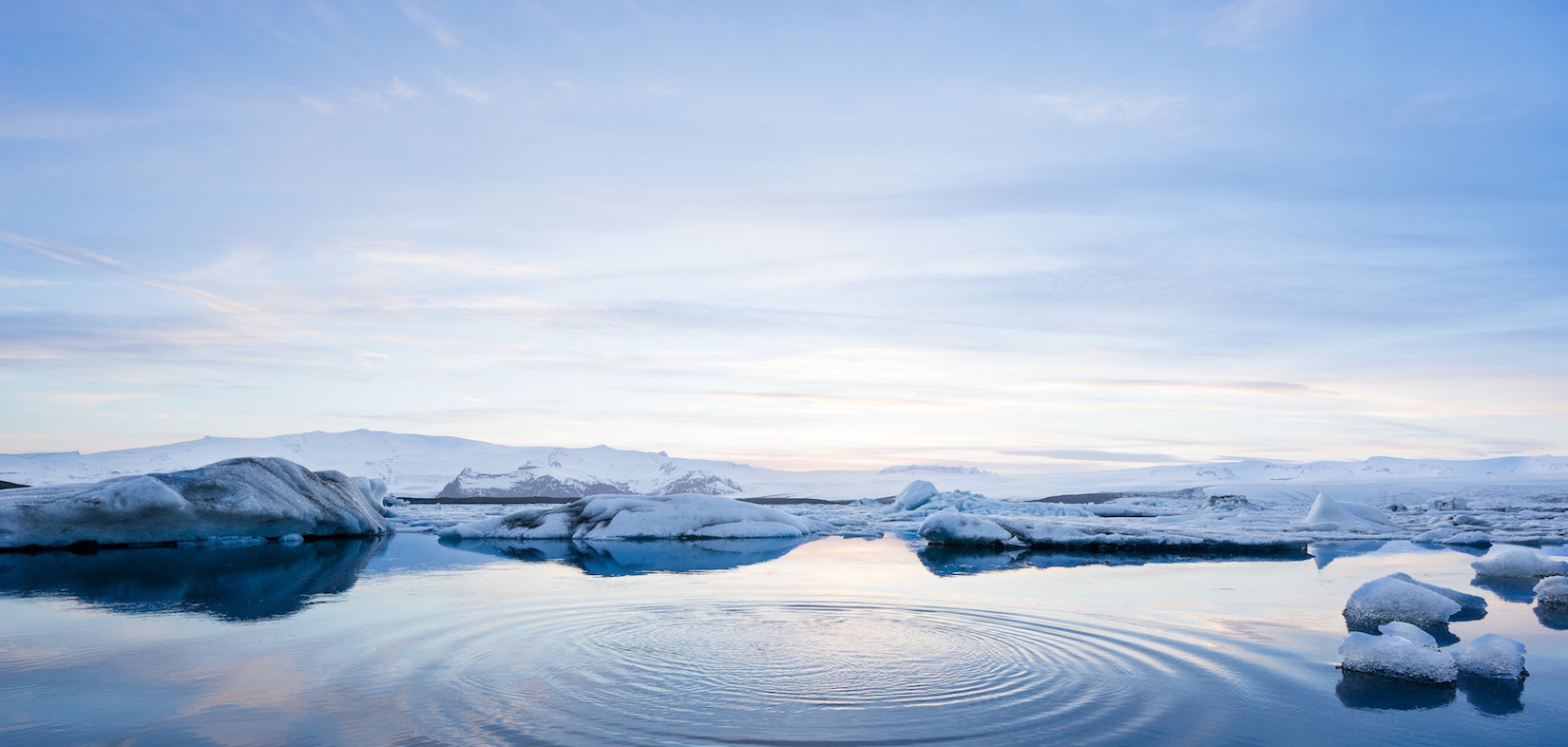Five new cross-disciplinary research projects with Université Côte d’Azur
Published on 24 Aug 2018
Université Laval is pleased to announce the launch of five cross-disciplinary research projects between Université Laval/Sentinel North and Université Côte d’Azur/IDEX. These strategic research projects will each receive $30,000 in funding from Université Laval/Sentinel North and €20,000 from Université Côte d’Azur/IDEX for an initial period of one year, with the potential for renewal depending on their progress.
The five research topics selected reflect Sentinel North’s three thematic research areas:
Living the night life
Health in the North is heavily influenced by seasonal light changes, which are extreme in the Arctic. Denis Richard and his collaborator Frédéric Picard, of the Québec Heart and Lung Institute (IUCPQ) at Université Laval, will work with researchers Carole Rovère and Jacques Noël of the Molecular and Cellular Pharmacology Institute (IPMC at UCA-CNRS, Sophia Antipolis) to study the ways in which circadian rhythms, the biological clock, and sleep-wake patterns affect metabolic health.
Using artificial intelligence to better understand plankton
It is important to better understand how arctic plankton respond to global changes and their impacts on the northern ecosystem. Professors Frédéric Maps of the Takuvik Joint International Laboratory and Denis Laurendeau of the Department of Electrical and Computer Engineering at Université Laval will work with researchers Eric Debreuve of the I3S Laboratory at UCA-CNRS and Lionel Guidi and Ayata Sakina of the Villefranche Oceanographic Laboratory (LOV) to develop new analysis tools. By combining images and deep learning algorithms in a functional trait-based approach, they will be able to automatically measure how plankton adapt to the polar night.
Detecting climate-changing gases remotely
Professor Martin Bernier of COPL, Université Laval’s centre for optics, photonics, and laser research, in cooperation with researcher Bernard Dussardier of INPHYNI, Université Côte d’Azur’s physics institute in Nice, will work on a project to develop robust optical sensors that can remotely detect gases that are climatically active in the extreme environment of the Arctic.
Essential oils from northern plants
Université Laval professors Normand Voyer of the Department of Chemistry and Stéphane Boudreau of the Department of Biology, working with professor Xavier Fernandez of the Nice Institute of Chemistry, will collect essential oils from northern plants to understand how environmental changes affect microorganisms in the arctic soil.
Understanding the changing mutations of the microbiome
Professor Arnaud Droit of the Department of Molecular Medicine at Université Laval and researcher Guillaume Sandoz of the Valrose Institute of Biology (IBV) in Nice will examine the genetic variations found in northern peoples that may influence the composition of the gut microbiota. They will develop an experimental model in fish to control the factors that influence the host-microbiome response and measure their effects.

